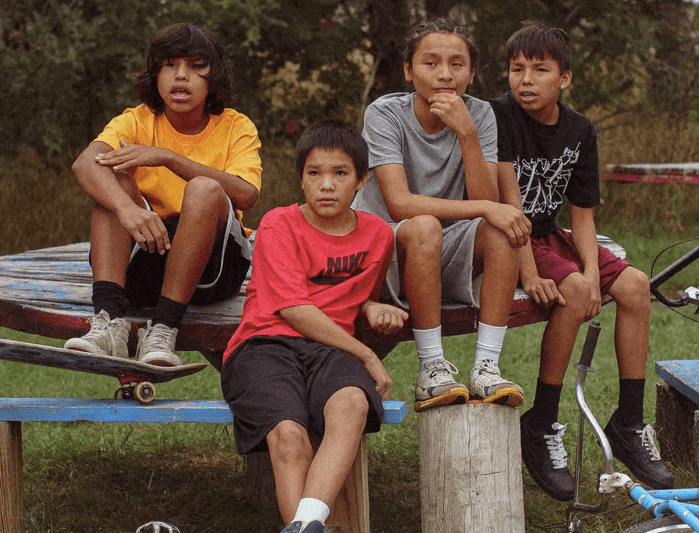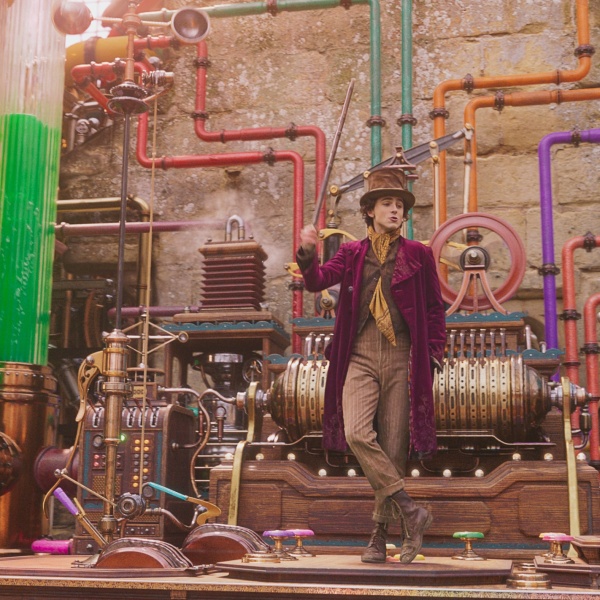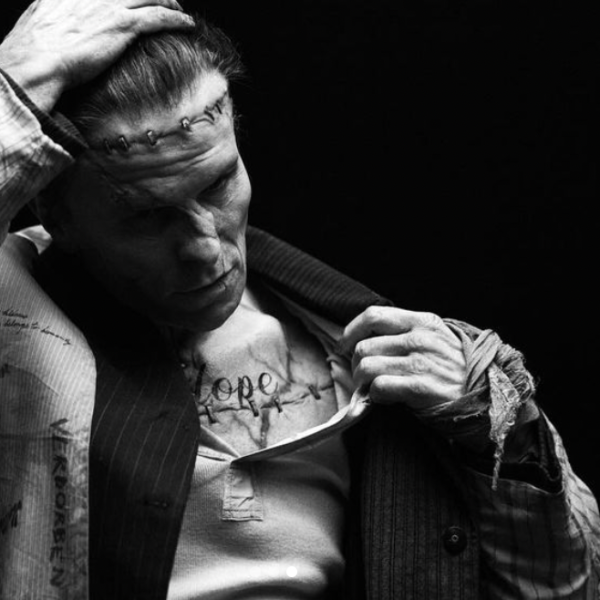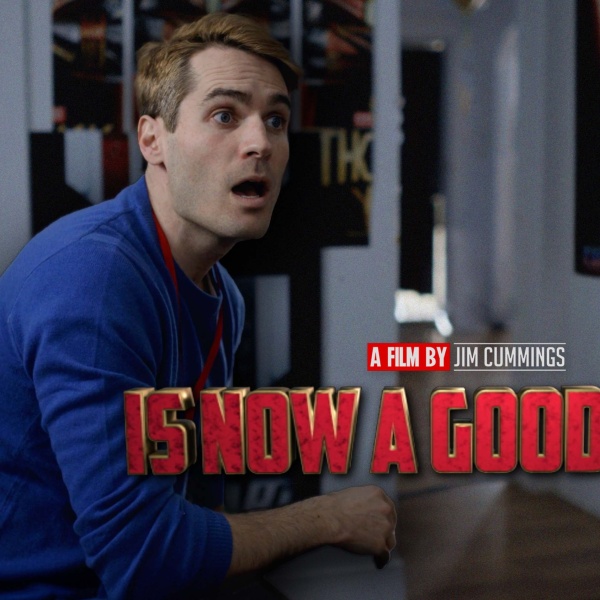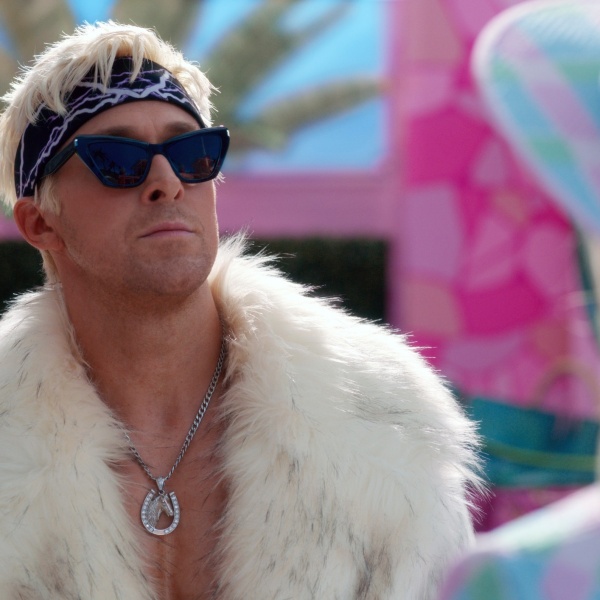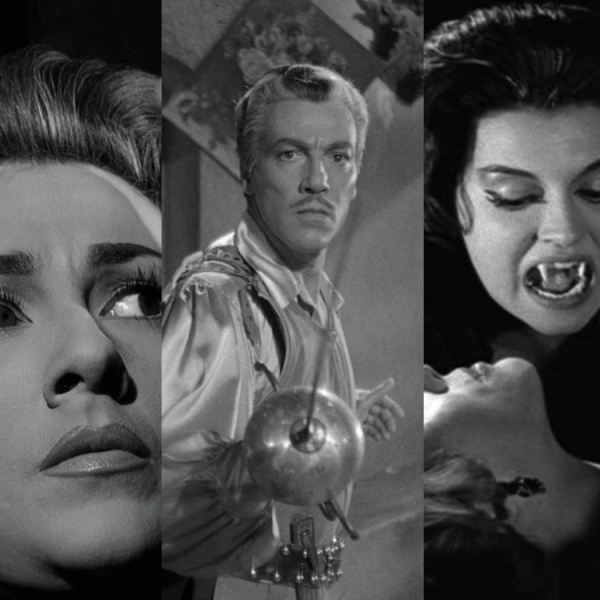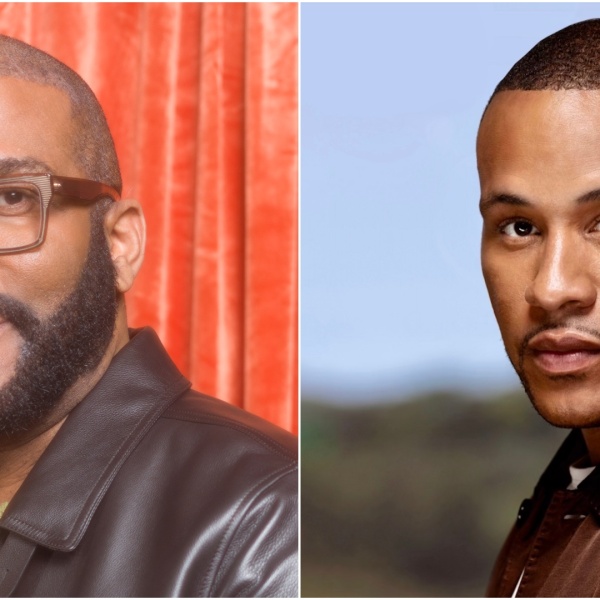Editor’s note: This review was originally published at the 2022 Cannes Film Festival. Momentum Pictures releases the film in theaters on Friday, July 28.
In the summer of 2015, Riley Keough met a pair of remarkable young men, cast as extras in Andrea Arnold’s “American Honey,” at a motel in South Dakota. Both members of the Lakota nation and residents of the nearby Pine Ridge reservation, Bill Reddy and Franklin Sioux Bob took quickly to the actress. The trio — later joined by Keough’s producing partner Gina Gammell — formed a fast friendship that eventually spawned Keough and Gammell’s directorial debut, “War Pony.”
Franklin Sioux Bob and Reddy are credited as co-writers on the project, alongside Keogh and Gammell (who also produced it), while Franklin Sioux Bob also appears in a small, but pivotal role in the film. Steeped in their own stories, “War Pony” follows two young Oglala Lakota men (Jojo Bapteise Whiting as twentysomething Bill, Ladainian Crazy Thunder as 12-year-old Matho) as they make their way through the world. As a desire for stories told by the people who lived them — or, at the very least, stories advised by the people who lived them, really not so much to ask for — increases, films like “War Pony” will continue to be made. And they should be, but despite the apparent care and respect that went into Keough and Gammell’s film, “War Pony” also makes clear how very far there is still left to go when telling “authentic” stories.
Intention is not the issue here, or even execution — Keough and Gammell are talented budding filmmakers — but the sensibility permeates the entire film. It’s not anything we haven’t seen before, but at least this time it’s shepherded by the people who experienced it. But is that enough?
The vast majority of the film is populated by Native performers (all of whom are Oglala Lakota and Sicangu Lakota citizens of the Oglala Sioux Tribe and Rosebud Sioux Tribe), nearly all of them making their film debuts. Two of the film’s producers, Willi White and Pte Cante Win Poor Bear, are tribal citizens of the Oglala Sioux Tribe. It was shot on location in Pine Ridge. It was clearly made with a tremendous amount of care and consideration. And yet it remains a grim tale, rife with stories — that, again, are rooted in real-life experiences — that offer scant hope and little insight beyond the worst expectations of what “life on the rez” is like.
Drinking, drugs, domestic abuse, absent parents, lax education, horrible conditions, limited job opportunities, it’s all here. Joy isn’t just fleeting; it’s literally a mirage, as portrayed by a towering buffalo that occasionally appears to both of our lead characters before fading away. At no point in “War Pony” do Bill and Matho meet anyone — like two well-meaning white women capable of turning their dreams into a film that will premiere at the most prestigious film festival in the world — intent on truly helping them. Instead, they must try to help themselves, with predictably dire results.
Both Bill and Matho place their faith in potentially failed endeavors: Bill becomes fixated on the possibility of breeding a new pet poodle (known incongruously as Beast) as a way to make big bucks, while Matho bounces between homes in hopes of finding some security. Neither plan works out as desired. Things get worse. (Though, oddly enough, the film works toward a somewhat madcap ending that shows glimpses of the hard-won humor and tough spirit of its characters. It’s wonderful, but it also feels as if yanked out of another film entirely.)
The white characters don’t fare much better. Bill comes into the acquaintance of a rich rancher (Peter Hill) who eventually drafts the young man into service (with gigs at both his sprawling, land-chomping poultry farm and as something of a gopher for young Lakota women he has icky affairs with) and introduces him to both wine and his racist young wife. Matho is similarly used and discarded, as even members of his own family abuse him in order to continue to scrape by.
Audiences who opt to see “War Pony” will likely not be ignorant of the ways in which the American government has mistreated this country’s original inhabitants, and Keough and Gammell don’t hammer at the history. Instead, we see how tenuous the economy of the rez is through Bill’s attempts to find a job (there aren’t many) and Matho’s lackluster time in school (well-meaning teachers abound, but no one seems particularly inspired). The sole character who seems at all connected with the traditions of the tribe, a classmate Matho takes a shine to, also appears to be the most well-adjusted. It’s a concept the film would have done well to explore further.
Bill and Mathos’ stories are billed as “interlocking,” and while they certainly seem of a piece, they don’t truly connect until late in the film’s final act (with some of the film’s most emotionally resonant beats). Both Whiting and Crazy Thunder are thrilling new talents (Whiting in particular calls to mind Joaquin Phoenix, thanks to his hangdog charm), and watching them move through a world this precisely drawn (for better and, as is more often the case, for worse) can’t help but inspire strong reactions. Even as the film chugs through highly predictable beats, the pair are riveting, worthy stars found in a place that surely holds more. If only anyone else is ready to dig deeper, to reach beyond what’s come before, and to seek out something not just authentic, but actually original.
Grade: C+
“War Pony” premiered at the 2022 Cannes Film Festival.
